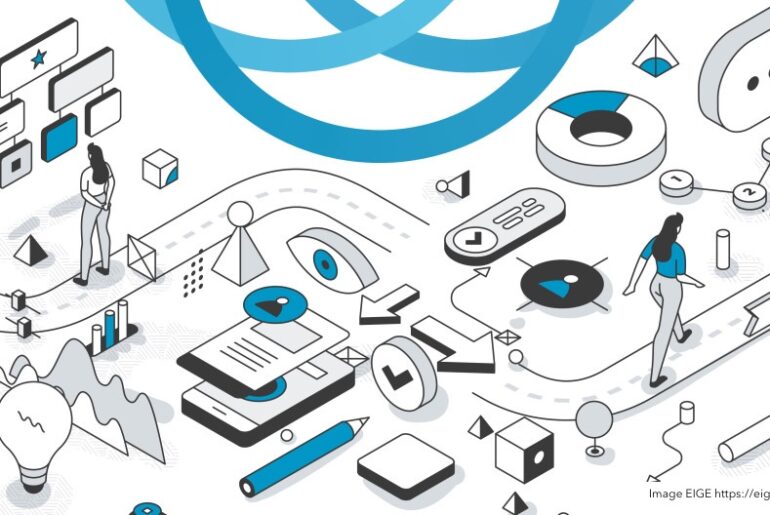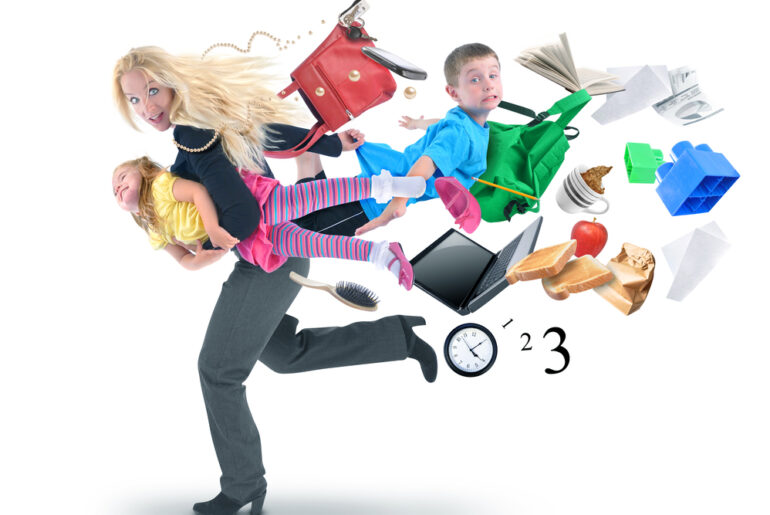Recommendation on European Child Guarantee adopted
30.06.21
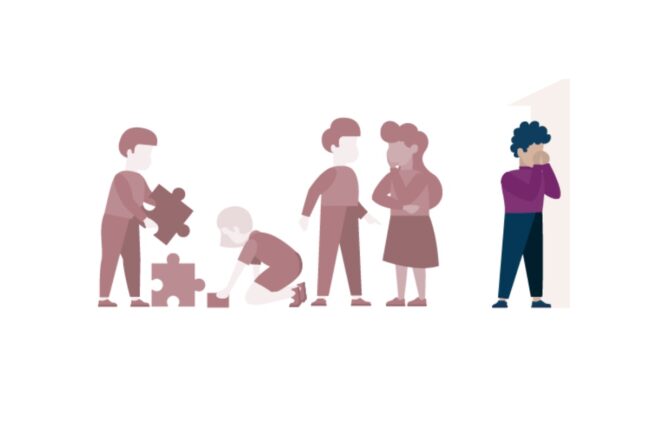
Make Mothers Matter welcomes the newly adopted Council Recommendation establishing a European Child Guarantee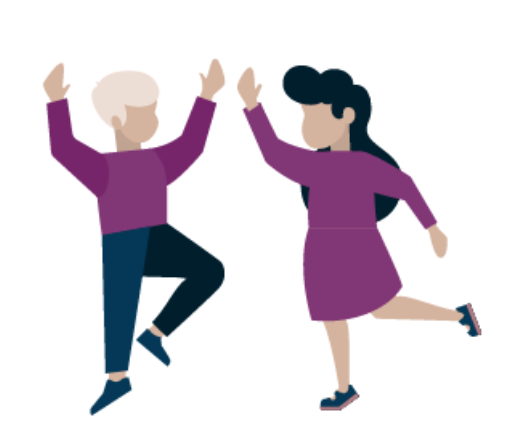 that aims at reducing the number of children at risk of poverty and social exclusion within the Union. The European Child Guarantee hopes to break the intergenerational cycle of poverty and lift at least 5 million children out of destitution by 2030.
that aims at reducing the number of children at risk of poverty and social exclusion within the Union. The European Child Guarantee hopes to break the intergenerational cycle of poverty and lift at least 5 million children out of destitution by 2030.
After some years of negotiations and commitment from the EU Parliament and the EU Commission, and the advocacy work of stakeholders such as the Alliance for Investing in Children, of which Make Mothers Matter is a member, the EU has taken this important step towards the eradication of poverty.
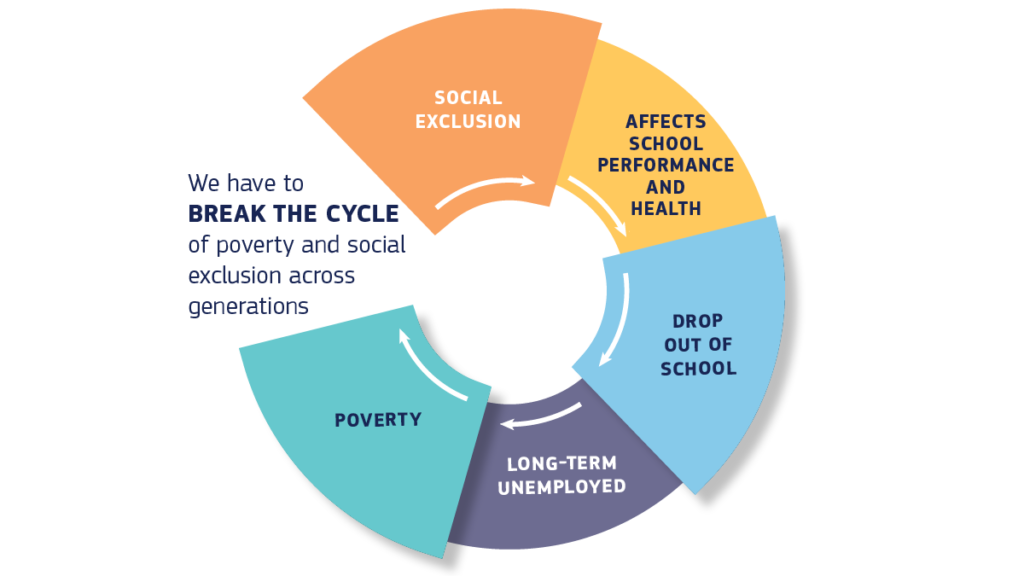 This initiative is set within the framework of the new EU Strategy on the Rights of the Child and the Action Plan on the European Pillar of Social Rights (principle 11 of the European Pillar of Social Rights, on childcare and support for children). It comes into effect at a time when families have become more vulnerable due to the socio-economic impact of the Covid-19 pandemic.
This initiative is set within the framework of the new EU Strategy on the Rights of the Child and the Action Plan on the European Pillar of Social Rights (principle 11 of the European Pillar of Social Rights, on childcare and support for children). It comes into effect at a time when families have become more vulnerable due to the socio-economic impact of the Covid-19 pandemic.
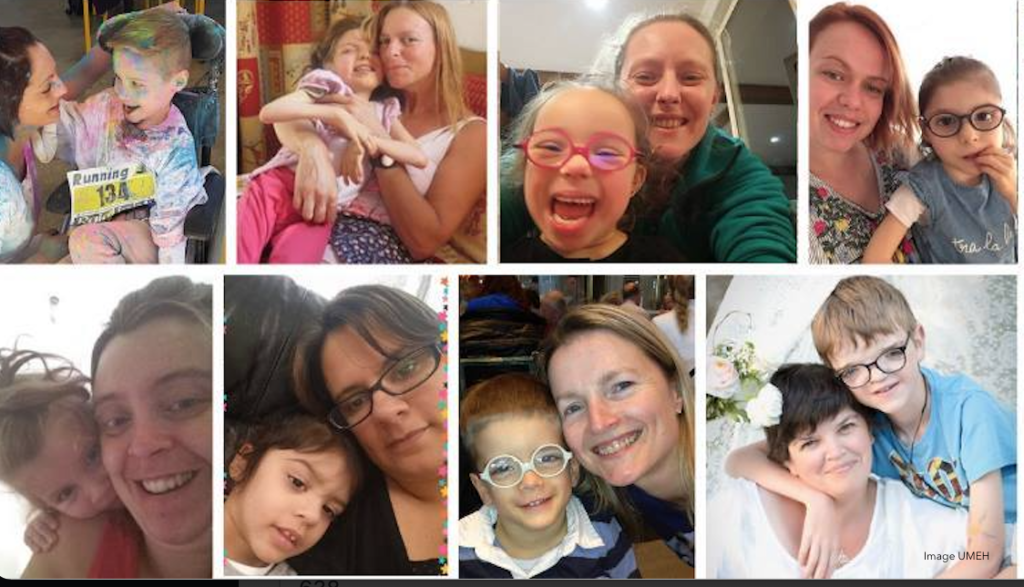 The European Child Guarantee targets children in need, such as: children with disabilities and mental health issues, children living in precarious situations (e.g those living in a single-earner household; living with a parent with disabilities; living in a household where there are mental health problems or long-term illness); homeless children, children from minority or ethnic backgrounds and other disadvantaged groups of children1.
The European Child Guarantee targets children in need, such as: children with disabilities and mental health issues, children living in precarious situations (e.g those living in a single-earner household; living with a parent with disabilities; living in a household where there are mental health problems or long-term illness); homeless children, children from minority or ethnic backgrounds and other disadvantaged groups of children1.
The purpose of this initiative is to further protect the rights of children in Europe, especially of those in need, and to ensure more equal opportunities for them. To do so, the Council Recommendation calls for EU members to set up national action plans that guarantee ‘effective’ and ‘free’ access to certain key services: healthcare, high quality early childhood education and care, education and school-based activities, adequate housing and healthy nutrition.
The Council Recommendation provides a framework to help each country implement nationwide action plans to support children in vulnerable situations. This leaves each member state free to develop their own measures according to the nation’s own needs and practices. The Council also recommends the member states to involve other relevant stakeholders such as non-governmental organisations working on children’s rights.
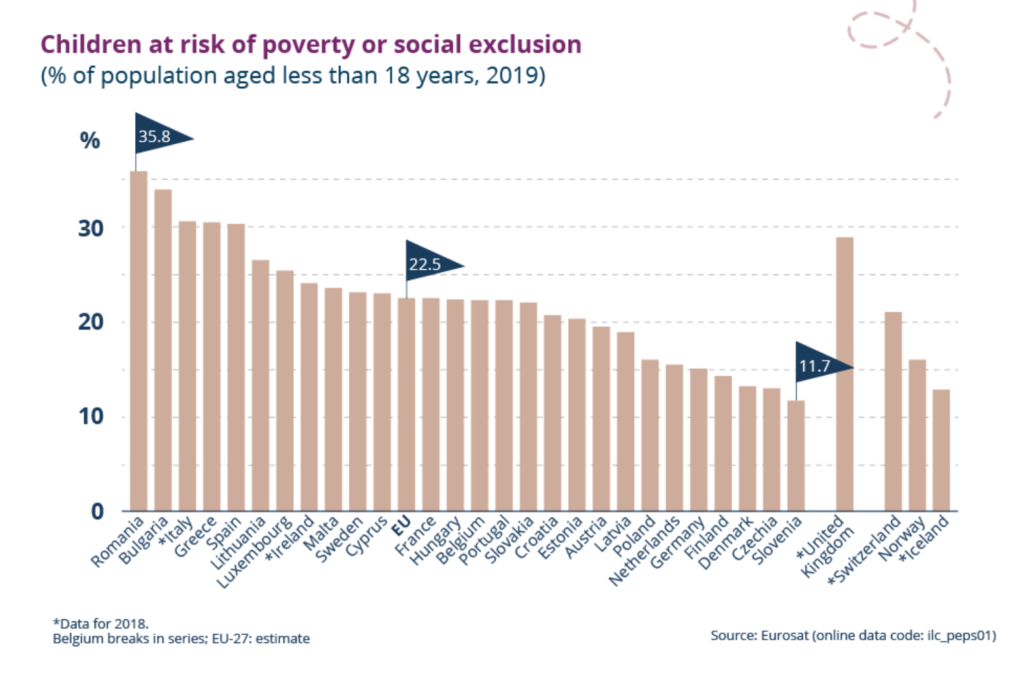 The Member States have 9 months to develop and adopt these national action plans. The Commission will monitor their implementation to ensure that it is linked to the European Pillar of Social Rights 2030 target, to reduce by at least 5 million the number of children at risk of poverty or social exclusion and by at least 15 million the number of people at risk of poverty or social exclusion.
The Member States have 9 months to develop and adopt these national action plans. The Commission will monitor their implementation to ensure that it is linked to the European Pillar of Social Rights 2030 target, to reduce by at least 5 million the number of children at risk of poverty or social exclusion and by at least 15 million the number of people at risk of poverty or social exclusion.
Make Mothers Matter will continue to advocate the need to help children, while focusing on the family as a whole, when making policies related to child poverty. Family support constitutes a child’s right that has to be recognised and fulfilled. Considering that children aged 0 to 18 only spend 20% of their lifetime in formal settings (schools, daycentres, etc.), they spend a significant amount of time at home. It is therefore vital to include families – mothers in particular – in order to find effective solutions to support children. Many children living in precarious situations live with their mother only and statistics show that these households are at a higher risk of poverty.
It is true that poor children grow up in poor families, so there is a need to support parents and primary caregivers in their role and to ensure they have adequate resources and free access to quality services to provide this support sustainably. Investing in families has a strong economic benefit. MMM advocates for the meaningful participation of parents and their involvement in implementing, monitoring, and evaluating all the activities connected with the Child Guarantee scheme, in order to effectively tackle child and family poverty and break the intergenerational cycle of disadvantage.
Mothers, unpaid care work and global crises – connecting the dots
02.07.24
UN New York / HLPF - Register now to join us online at this year’s High Level Political Forum side-event.
Time Poverty and the Motherhood Penalty
Unveiling Economic and Social Injustices
09.07.24
Mothers play an essential role in families by ensuring their loved ones are nourished, educated, and healthy, but their unpaid care work often leads to economic and social injustices, known
Envisioning care as a common thread to global crises
29.07.24
UN New York - Our virtual HLPF side-event brought together experts to shed light on how the various global crises we face (in particular climate change and other environmental crises,






